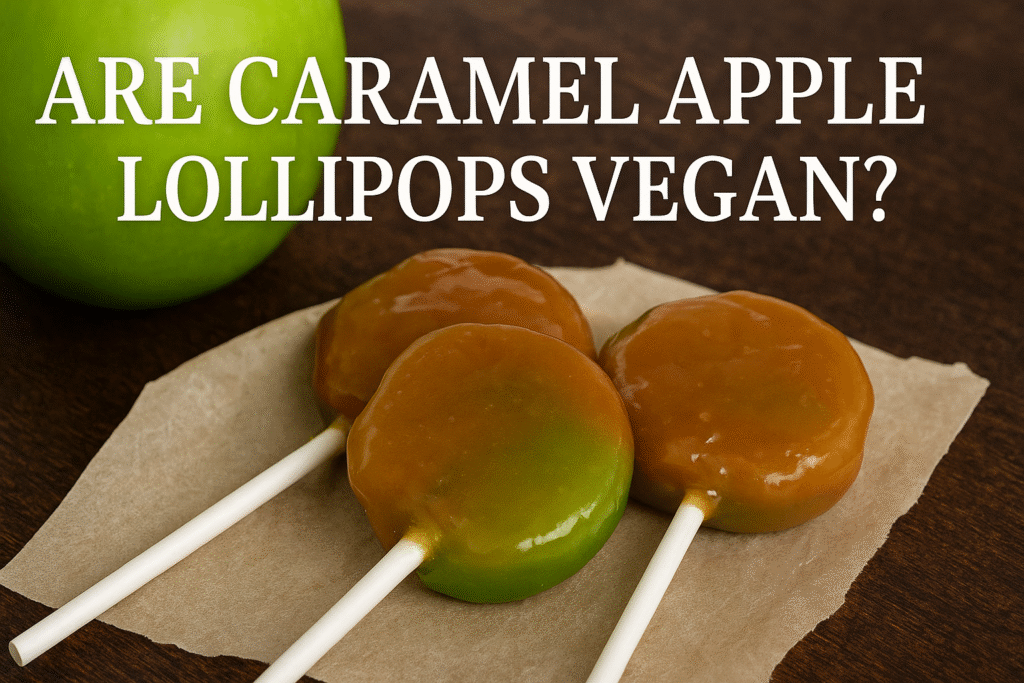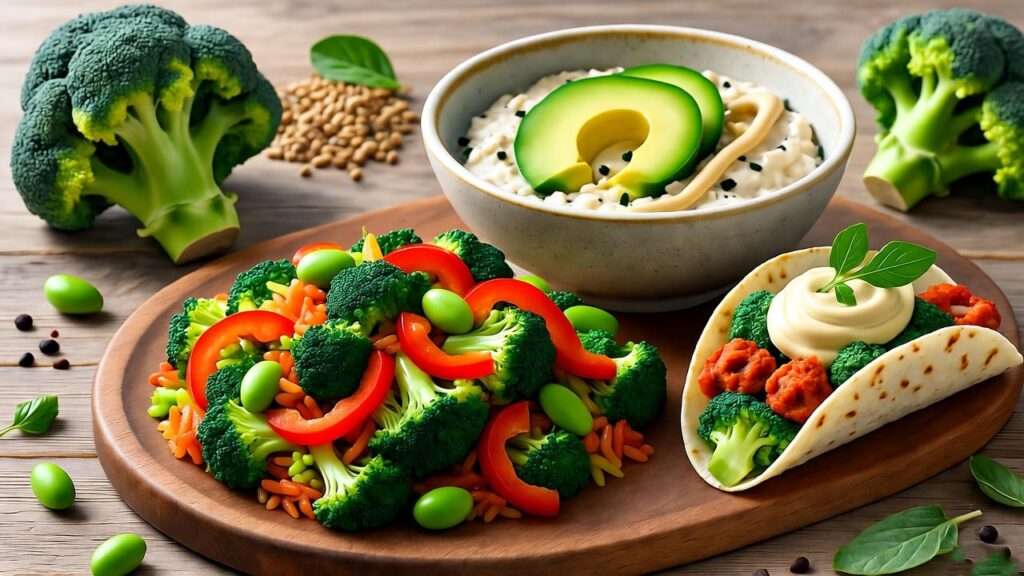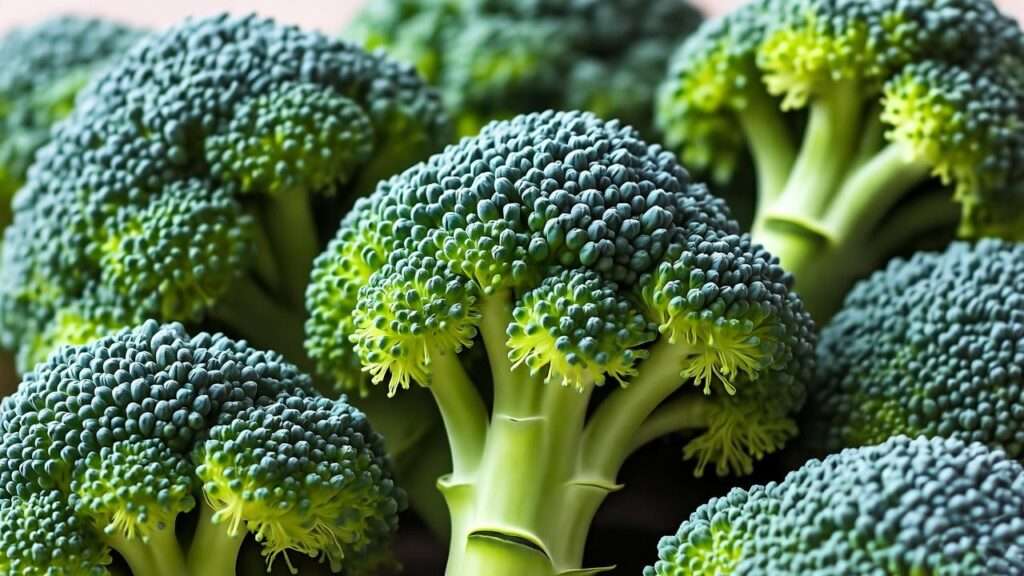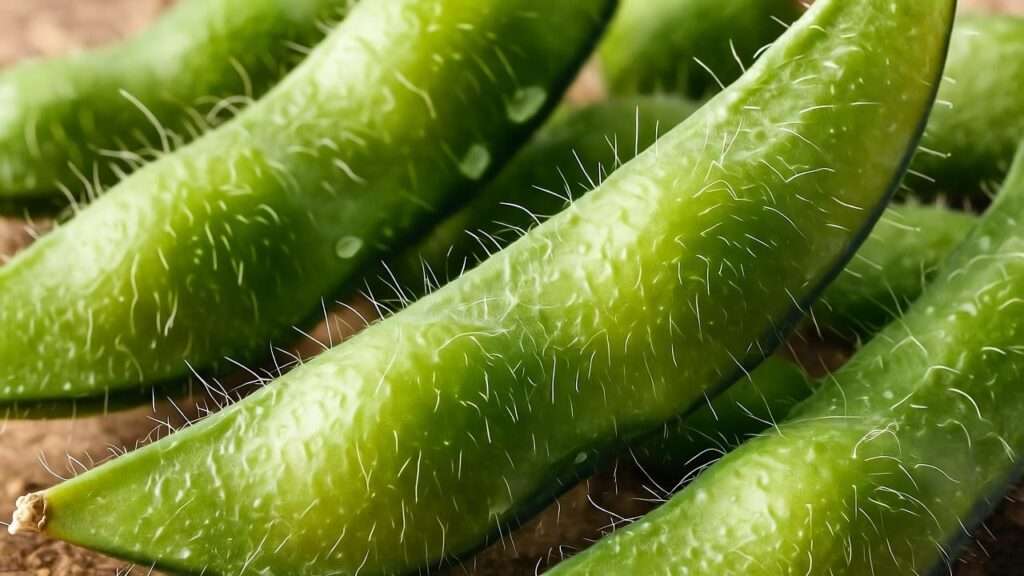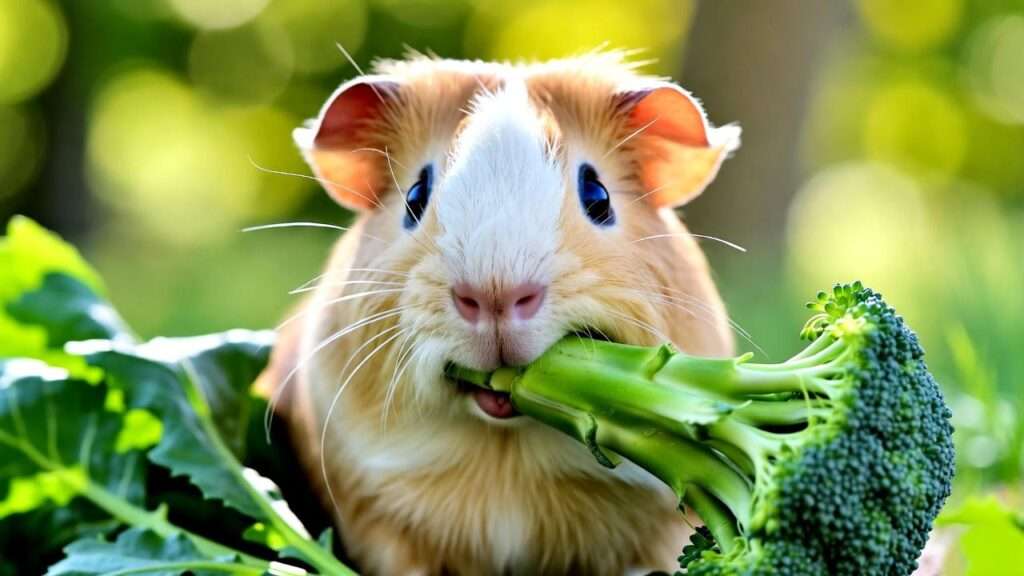There’s something undeniably nostalgic about unwrapping a caramel apple lollipop — that perfect blend of tart apple flavor and buttery caramel coating that takes us straight back to childhood. Whether you remember grabbing one from a Halloween basket or spotting them at the checkout line, this candy has become an American classic.
But if you follow a plant-based diet, you might have paused before indulging and asked: Are caramel apple lollipops vegan?
This simple question reveals a surprisingly complex answer. While these candies seem harmless, many contain ingredients derived from animals — often hidden behind technical terms or vague “natural flavor” labels.
In this expert guide, we’ll uncover what’s really inside caramel apple lollipops, analyze the ingredients used by popular brands, and show you how to identify truly vegan alternatives. Plus, we’ll share a simple DIY vegan caramel apple lollipop recipe you can make at home — healthier, ethical, and just as delicious.
Let’s dig into the sweet truth behind one of America’s favorite nostalgic treats.
Understanding Caramel Apple Lollipops: What Are They, Really?
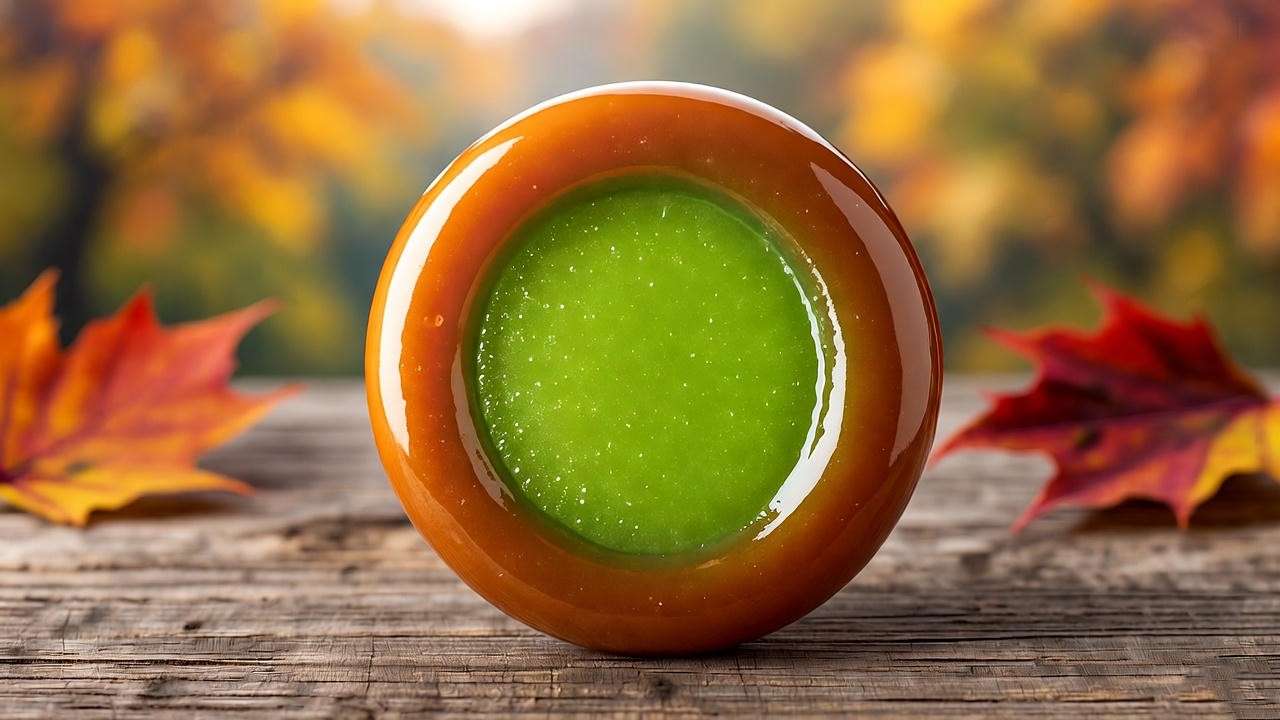
A. A Quick Look at the Classic Treat
Caramel apple lollipops — sometimes called caramel apple pops — are a chewy, green apple–flavored candy coated with a thin layer of caramel. The most famous version is made by Tootsie Roll Industries, known for their bright green wrappers and iconic tart-meets-creamy taste.
These lollipops are especially popular during the fall season, when caramel apples are synonymous with fairs, festivals, and Halloween parties. Their appeal lies in offering that caramel-apple flavor experience — without the mess of the real thing.
However, while these candies may seem simple, the ingredient list tells a different story.
Common Ingredients Found in Commercial Versions
A typical caramel apple lollipop includes:
-
Sugar
-
Corn syrup
-
Partially hydrogenated oils (like palm or soybean)
-
Condensed milk or whey (milk-derived ingredients)
-
Artificial flavors and colors
-
Citric acid
-
Soy lecithin (an emulsifier)
At first glance, nothing seems alarming — until you look closer. Several of these ingredients are not vegan or ethically questionable from a plant-based perspective.
For example:
-
Whey and condensed milk are clear animal byproducts.
-
Refined sugar in the U.S. is often processed with bone char — a charcoal-like substance made from animal bones, used to bleach sugar white.
-
Some artificial colors, like Red 40 or Yellow 5, may be tested on animals or derived from insect-based sources.
This brings us to the big question — what’s the vegan verdict?
The Big Question: Are Caramel Apple Lollipops Vegan?
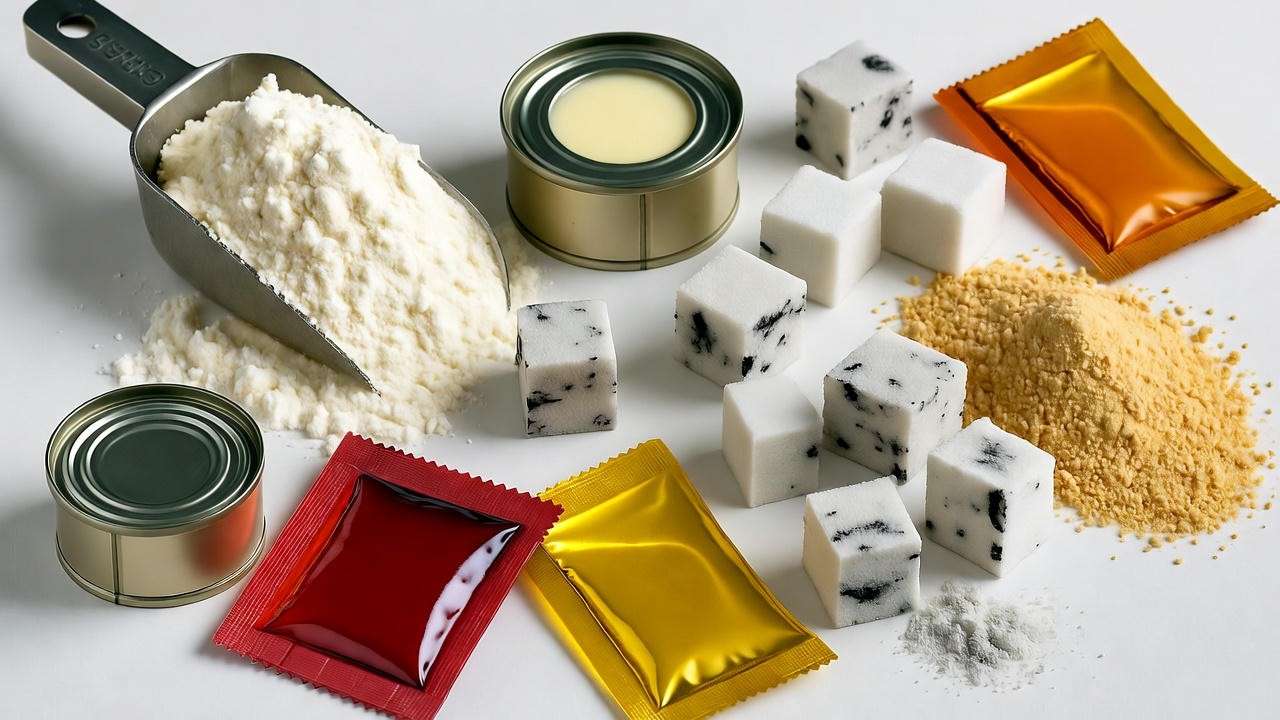
A. Ingredient Breakdown: Hidden Non-Vegan Elements
To determine whether caramel apple lollipops are vegan, we must examine each major component carefully:
-
Caramel Layer – Traditionally made with butter, milk, and sugar. Even when listed as “natural caramel flavor,” most commercial caramel contains dairy unless labeled otherwise.
-
Apple Candy Base – The “green apple” flavor typically contains artificial flavors and coloring. While synthetic flavors can be vegan, coloring agents (like Carmine, made from crushed beetles) are not.
-
Refined Sugar – In the U.S., many candy manufacturers use sugar whitened through bone char filtration, making it non-vegan by strict plant-based standards.
-
Additives and Emulsifiers – Ingredients like lecithin (usually soy-derived) are vegan, but others like glycerin may come from animal fat unless specifically plant-based.
After reviewing major brands — especially Tootsie Caramel Apple Pops — it’s clear that the classic versions are not vegan due to milk-based caramel and conventional sugar processing.
However, the good news is that vegan alternatives exist, and you can even make your own healthier version with simple, plant-based ingredients.
Ethical and Environmental Considerations
Beyond ingredient lists, there’s an ethical layer to this discussion. A plant-based diet isn’t just about avoiding animal products — it’s about supporting a system that reduces harm and promotes sustainability.
-
Dairy production, used heavily in commercial caramel, contributes to methane emissions and animal welfare concerns.
-
Palm oil, often used in candies, has ties to deforestation unless sustainably sourced.
-
Plastic wrappers from mass-market lollipops add to landfill waste.
Choosing vegan caramel apple lollipops or homemade options helps you make a small but meaningful shift toward ethical consumption — supporting cruelty-free, eco-conscious brands that align with your values.
Expert Insight: How to Verify if a Candy Is Truly Vegan
A. Label-Reading Guide for Conscious Consumers
Even seasoned plant-based eaters can find candy labels confusing. Here’s a step-by-step guide to identifying whether your caramel apple lollipop is vegan-friendly:
-
Check for Dairy Words: Avoid anything with milk, whey, casein, butter, or cream.
-
Look for Gelatin or Carmine: Both are animal-derived — gelatin from collagen, carmine from insects.
-
Investigate “Natural Flavors”: This vague term can hide animal-based ingredients unless specified as plant-based.
-
Check Sugar Source: Look for “organic cane sugar” or “beet sugar,” which are typically vegan.
-
Verify Certifications: Labels like “Vegan Certified,” “Plant-Based,” or “Cruelty-Free” indicate verified ethical standards.
This method not only helps you choose caramel apple lollipops wisely but also applies to nearly any candy you might find on store shelves.
Certifications to Look For
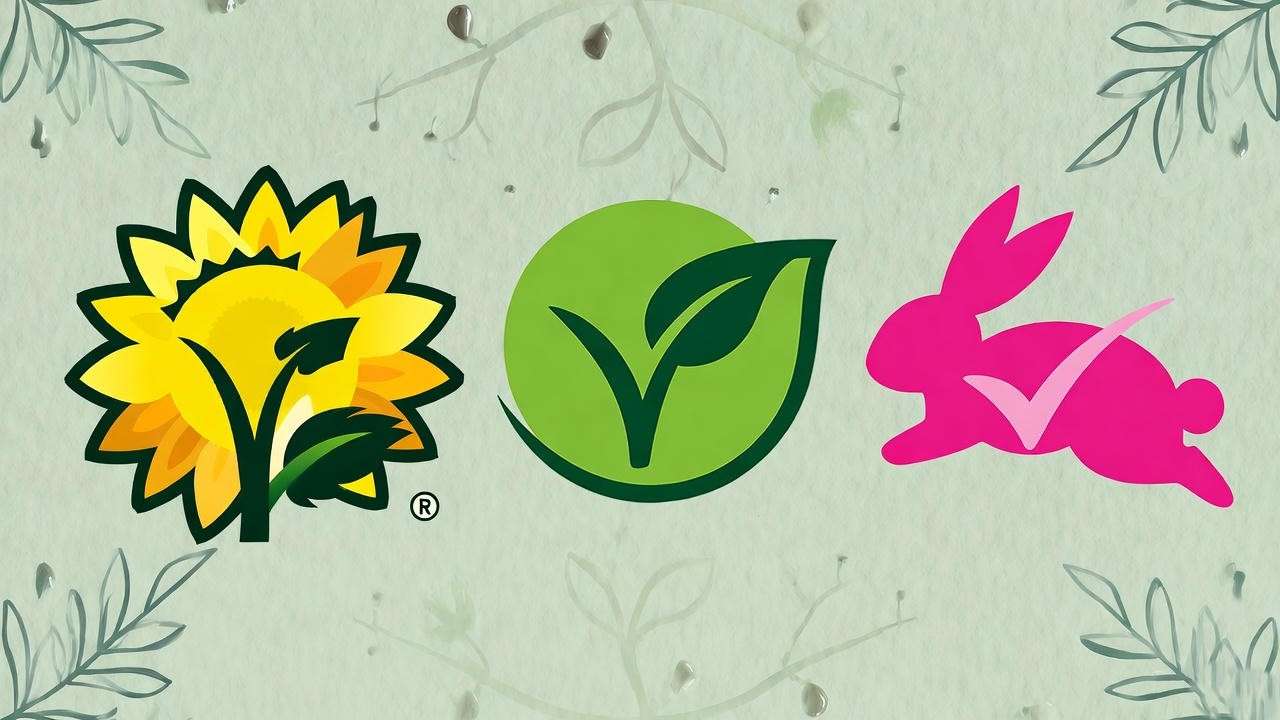
To ensure your treats align with your dietary ethics, look for trusted vegan certifications such as:
-
The Vegan Society Trademark
-
Certified Plant Based (by the Plant Based Foods Association)
-
Cruelty-Free International’s Leaping Bunny
When in doubt, check the brand’s official website or email their customer service for ingredient clarification. Genuine vegan companies are transparent and usually proud to share their sourcing details.
Plant-Based Alternatives to Caramel Apple Lollipops

A. Best Store-Bought Vegan Options
While mainstream caramel apple lollipops aren’t vegan, several plant-based brands now offer cruelty-free and dairy-free candy options that mimic the flavor perfectly.
Recommended brands:
-
Cocomels – Coconut milk caramels with a rich, buttery flavor — fully vegan and gluten-free.
-
YumEarth Organic Pops – Made with organic cane sugar, real fruit juice, and no artificial dyes.
-
SmartSweets Caramels – Plant-based, low-sugar, and fiber-rich.
-
Project 7 Gourmet Gummies (Green Apple + Caramel flavor) – Vegan versions available seasonally.
Each of these offers a sweet indulgence that aligns with your plant diet principles without the guilt.
DIY: How to Make Vegan Caramel Apple Lollipops at Home
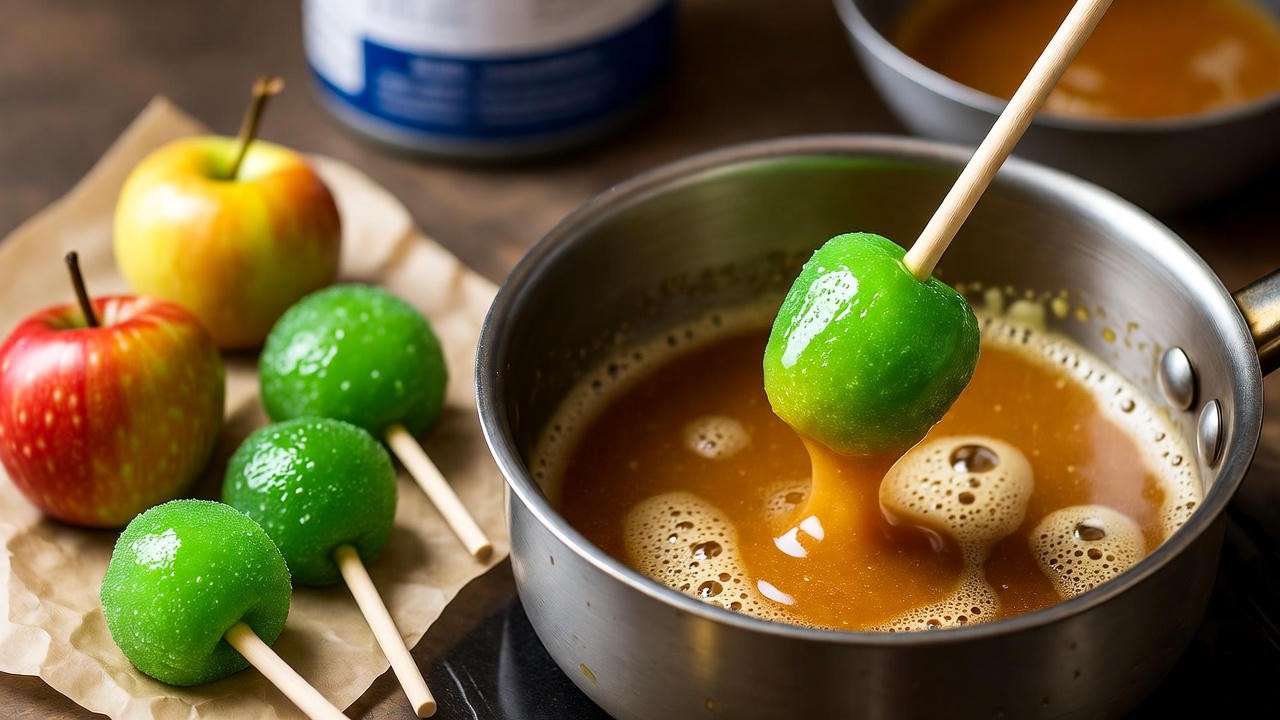
Creating your own vegan caramel apple lollipops is easier than you might think — and it lets you control every ingredient.
Homemade Vegan Caramel Recipe (Dairy-Free + Delicious)
Ingredients:
-
½ cup coconut milk (full-fat)
-
½ cup coconut sugar or organic cane sugar
-
2 tbsp maple syrup or agave
-
1 tbsp coconut oil
-
A pinch of sea salt
Instructions:
-
Heat the coconut milk, sugar, and syrup in a small saucepan.
-
Simmer on low heat, stirring until it thickens into golden caramel.
-
Stir in coconut oil and sea salt for richness.
-
Pour over green apple–flavored lollipops or slices, then chill to set.
This vegan caramel apple lollipop recipe offers a chewy, creamy texture that rivals store-bought versions — but without any animal ingredients or refined sugar.
Pro Tips for a Healthier Sweet Treat
-
Use organic ingredients whenever possible to avoid hidden animal-based processing.
-
For a sugar-free option, try using monk fruit syrup or date paste as natural sweeteners.
-
Add a sprinkle of cinnamon or sea salt to balance the caramel’s sweetness.
-
Store your homemade pops in parchment paper instead of plastic for an eco-friendly touch.
Health Perspective: Are Caramel Apple Lollipops Bad for You?
While the occasional treat can fit into any lifestyle, it’s worth examining how caramel apple lollipops fit into a plant-based diet from a nutritional perspective. Many people assume that “vegan” automatically means “healthy,” but that’s not always true — especially when it comes to sweets.
A. Nutritional Breakdown
A single Tootsie Caramel Apple Pop contains:
-
60 calories
-
11 grams of sugar
-
1.5 grams of fat
-
0 grams of protein
That might not seem like much, but the problem arises when you eat several in one sitting. High sugar intake, especially from refined sources, can contribute to blood sugar spikes, energy crashes, and dental issues.
Non-vegan versions also contain saturated fats from butter or milk, which aren’t ideal for heart health.
By contrast, a homemade vegan caramel apple lollipop made with coconut milk and natural sweeteners like maple syrup contains:
-
Healthier plant fats (medium-chain triglycerides)
-
Antioxidants from maple syrup
-
No cholesterol
-
More fiber when made with fruit-based ingredients
The difference may seem small, but over time, these choices add up — especially for those following a whole-food, plant-based lifestyle focused on longevity and wellness.
Plant-Based Alternatives for Sweet Cravings
When those sugar cravings hit, you don’t have to reach for processed candy. Here are some nutrient-dense vegan options that satisfy your sweet tooth without compromising your diet:
-
Baked Apple Slices with Date Caramel – A wholesome, whole-food spin on the caramel apple experience.
-
Frozen Banana Pops dipped in melted dark chocolate (vegan and rich in potassium).
-
Homemade Energy Bites made with oats, nut butter, and apple chunks for a chewy caramel-like texture.
-
Dehydrated Apple Chips with cinnamon for a crunchy, low-sugar snack.
These treats provide the same comfort and nostalgia as caramel apple lollipops but in a way that supports your plant-based health goals.
Expert Insight from a Plant-Based Nutritionist
According to Dr. Lila Raymond, RD, a plant-based nutrition specialist:
“Vegan doesn’t automatically mean nutritious. The real goal is to find a balance between enjoyment and nourishment. If you can make or choose treats with whole, plant-based ingredients, your body — and the planet — will thank you.”
This expert perspective reinforces that moderation and mindfulness are key. You don’t need to give up sweets — you just need to make them smarter.
Sustainability Angle: The Environmental Cost of Candy Production
As consumers become more eco-conscious, the environmental footprint of our favorite candies has become impossible to ignore. Even a seemingly small treat like a caramel apple lollipop contributes to larger sustainability challenges.

A. The Carbon Footprint of Conventional Sweets
Traditional caramel apple lollipops involve several high-impact ingredients:
-
Dairy milk – Responsible for greenhouse gas emissions and water waste.
-
Palm oil – Linked to deforestation and biodiversity loss when unsustainably sourced.
-
Plastic packaging – Non-biodegradable and often ends up in landfills or oceans.
According to research from Our World in Data, dairy and refined sugar production rank among the top contributors to food-related CO₂ emissions. When multiplied by the millions of candies produced yearly, the environmental effect becomes significant.
How Plant-Based Choices Make a Difference
Choosing vegan caramel apple lollipops — or making your own — helps reduce your footprint in multiple ways:
-
Lower Carbon Output: Plant-based caramel alternatives rely on coconut or oat milk, which produce fewer emissions.
-
Zero Cruelty Impact: No animals are exploited in the process.
-
Eco-Friendly Packaging: Many vegan brands now use compostable or recyclable wrappers.
-
Smaller Waste Stream: Homemade pops eliminate single-use packaging entirely.
Each small choice supports a larger shift toward sustainable, ethical food production. In a world where every purchase counts, being a mindful consumer is a quiet but powerful act of change.
Frequently Asked Questions (FAQ)
1. Are caramel apple lollipops dairy-free?
Most commercial versions, like Tootsie Caramel Apple Pops, contain milk-derived ingredients such as whey or condensed milk. However, several vegan alternatives are available using coconut or oat-based caramel.
2. Which brands make vegan caramel candies?
Brands such as Cocomels, YumEarth, and SmartSweets produce certified vegan caramel candies that offer similar flavor and texture — without dairy or animal ingredients.
3. Can I make vegan caramel without refined sugar?
Yes! You can use date paste, maple syrup, or coconut sugar to create rich, natural caramel that’s both vegan and refined-sugar-free.
4. Do caramel apple lollipops contain gelatin?
No — most do not contain gelatin, but they may include milk derivatives, which still make them non-vegan.
5. Are caramel apple lollipops gluten-free?
Most are technically gluten-free, but cross-contamination may occur in shared facilities. Always check for certified gluten-free labeling.
6. What’s the healthiest vegan alternative to caramel candy?
Homemade vegan caramel made from coconut milk, nut butter, or dates is the healthiest choice — offering natural sweetness, fiber, and plant-based fats.
Conclusion: Making Conscious Choices for a Kinder Sweet Tooth
The verdict is clear: traditional caramel apple lollipops are not vegan, but that doesn’t mean plant-based eaters have to miss out on this nostalgic treat. By understanding labels, supporting ethical brands, and experimenting with simple homemade recipes, you can enjoy the same comforting flavors — without compromising your values or health.
Living a plant-based lifestyle is all about progress, not perfection. Each small change, from the candy you buy to the ingredients you choose, adds up to a positive impact on your body, animals, and the planet.
So next time that craving hits, skip the store-bought version and reach for a vegan caramel apple lollipop you made yourself — sweet, sustainable, and 100% guilt-free.

